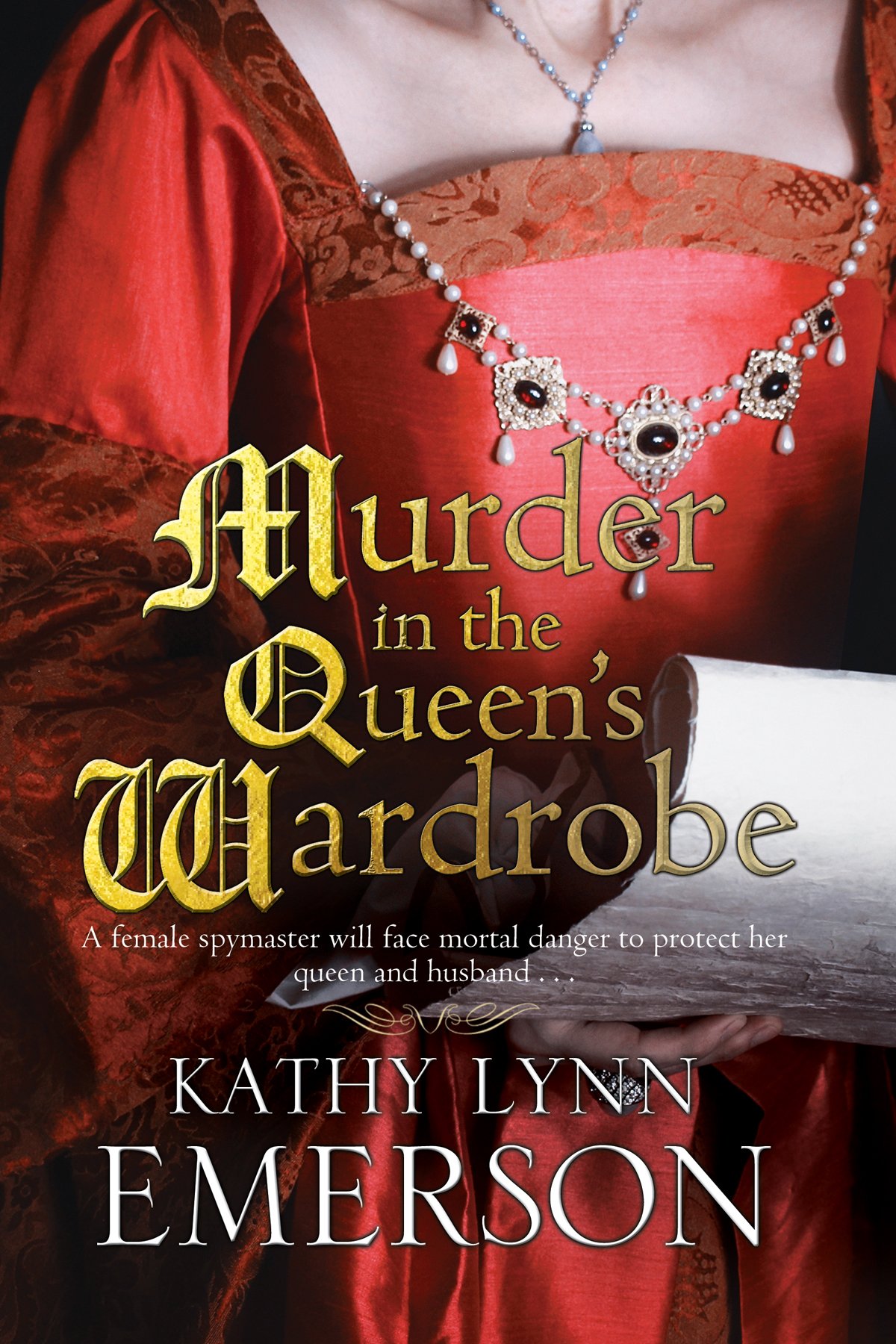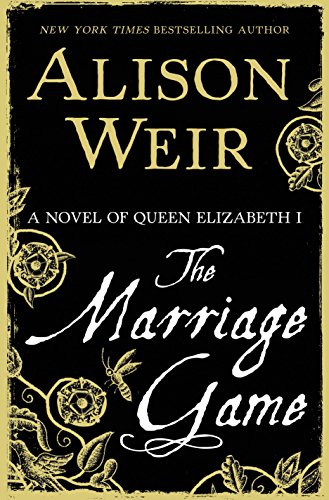Advanced review copy from publisher via NetGalley.
US release date: January 28, 2014
This biographical novel about Katherine of Valois, queen consort to Henry V of England and later the wife of Owen Tudor, is well written but doesn't have much depth and there is a lot more "telling" than "showing".
It's primarily a romance and though I enjoy some good romance, when there seems to be little to nothing else going on, it feels flat and grows tiresome and dull. It was entirely about Katherine's romantic relationships, even though there was plenty of opportunity to develop a more multidimensional story, it never took fruit. For example, Katherine's childhood is very quickly brushed over. Growing up, her only friend in the whole world is her sister, Michelle, but when Michelle leaves the convent they are being raised in to be married off, it barely gets a mention. What should have been a huge and difficult change and loss for Katherine only gets commented on after the fact, almost as in afterthought. I also found it very convenient (i.e., unrealistic) that Michelle happened to live close enough by to make regular trips to visit Katherine. Even so, Katherine should have missed Michelle a lot more than we get to see, if not when Michelle is married than certainly when Katherine is married and leaves France for England.
There also could have been a lot more development in showing Katherine adjusting to life at the English court and trying to fit in. While she does make a few friends, we don't see much of them. I would have liked to see more of her dealings with her "damsels", especially in the beginning, because they would have been a huge part of her life, regardless of whether her relationships with them were positive or negative. But we really only see few glimpses of this because the focus was so centered on her romantic relationships. Later, we see a little more involvement but no more than is necessary to move the romantic stories forward.
According to Katherine, in her time as an English queen, she makes it a point to learn about the political affairs going on at the time but we don't really get to see that growth, we just have to take her word for it. As time goes on, she only proves just how poor her understanding of politics is and that she clearly did not learn much during her reign as consort.
Most annoying of all was how whiny, immature, and self-absorbed Katherine was. I could excuse it in the beginning because she was young and starved for attention and love. But she never seemed to grow up. While her time with Henry was short lived, I grew frustrated when she could never accept the fact that when you're married to a king, certain things will take priority over you. She could not see beyond her own little world. Her happiness seemed entirely dependent on attention from men, which made her seem shallow and vapid, in addition to immature and self-absorbed. At one point, Katherine even asks herself: "Was every woman as driven to embrace misery as I, when faced with a man who had no desire for her?" The answer, of course, is "no". No, Katherine, not every woman feels that way and the fact that you do is actually rather pathetic. I won't pretend rejection is a barrel of laughs but the degree of misery that it sunk her into was certainly pathetic.
Also annoying was when, by her own admission, she knew nothing about Owen Tudor beyond the fact that he was good at his job, and yet claimed to have fallen in love with him. How can you love someone you don't even know? Even after she professed to have grown up and been wiser, she is still resorting to an immature ideal of love.
The quality of writing is not bad and the characters, though mostly unlikable or underdeveloped, were believable, as was their dialogue. But the story was one-dimensional and Katherine in particular was not a likable main character, which was made all the more annoying by the fact that it was told from her first person point of view.











